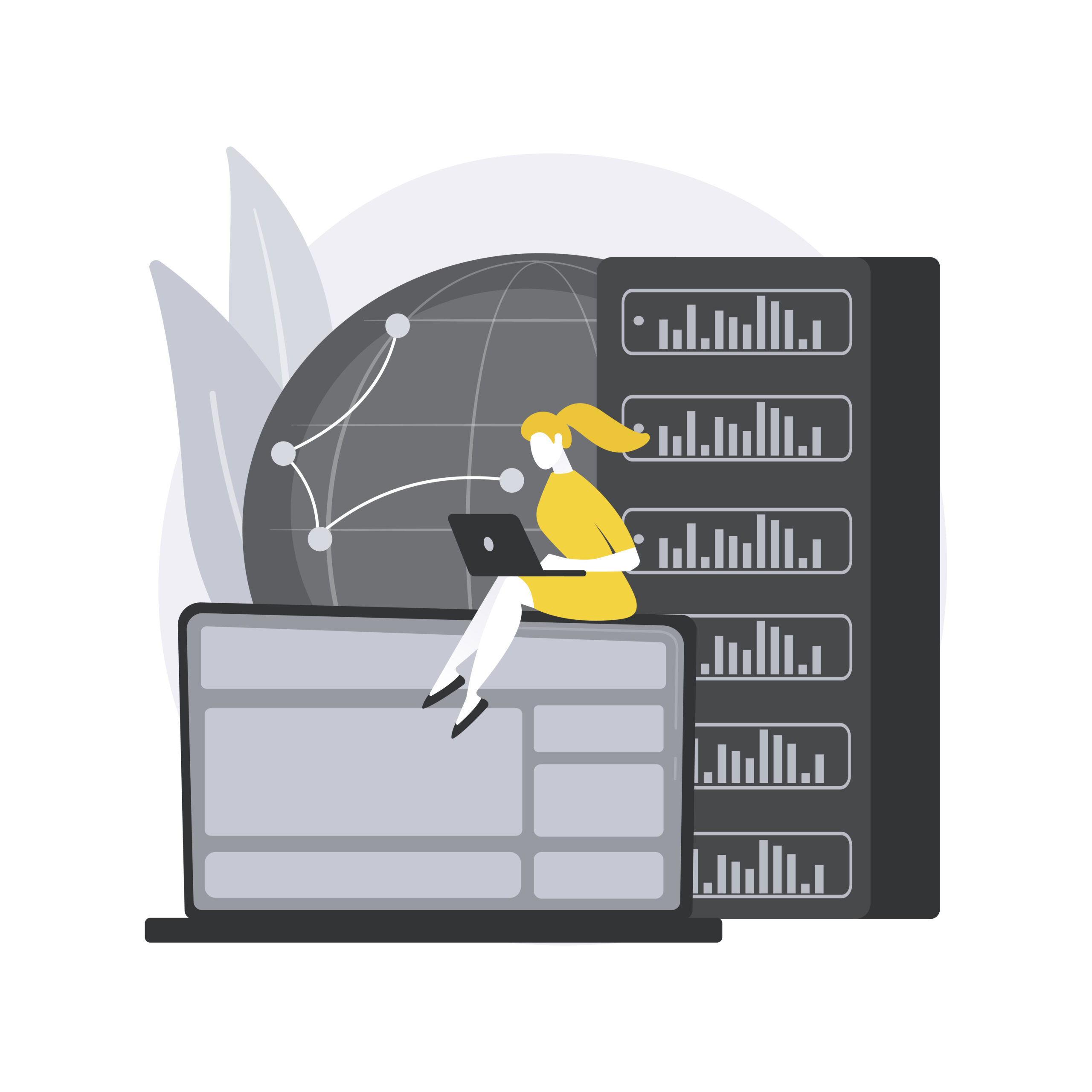In web hosting, Cloud servers and dedicated servers are two of the most popular options for hosting websites and applications.
Both offer a variety of features and benefits, but the best choice for your business will depend on your specific needs and requirements.
These solutions differ in infrastructure, cost, performance, and more. By understanding the critical characteristics of Cloud Server vs Dedicated Server, you can determine which option aligns best with your business requirements.
Cloud Servers
What is Cloud Hosting?
Cloud hosting refers to the use of virtual servers that are hosted and maintained by a service provider.
Cloud hosting distributes resources across multiple interconnected servers instead of relying on a single physical server.
This distributed approach ensures high availability and allows for seamless scalability.
Cloud Server vs Dedicated Server
Cloud Server vs Dedicated Server

Benefits of Cloud Hosting
Cloud hosting offers several advantages, including:
- Scalability: Cloud hosting enables businesses to scale their resources up or down based on demand. This flexibility allows for efficient management of traffic spikes and ensures optimal performance.
- Cost-effectiveness: With cloud hosting, businesses only pay for the resources they use, making it a cost-effective option. It eliminates the need for upfront investments in hardware and infrastructure.
- Reliability: Cloud hosting providers often have redundant systems in place, minimizing the risk of downtime. In the event of hardware failure, resources are automatically shifted to alternate servers, ensuring continuous availability.
- Ease of management: Cloud hosting providers handle server maintenance, security, and updates, relieving businesses of these responsibilities. This allows organizations to focus on their core operations.
Drawbacks of Cloud Hosting
While cloud hosting offers numerous benefits, it’s essential to consider potential drawbacks:
- Dependence on the Internet: Cloud hosting relies on an Internet connection. If your internet connection experiences issues, it can affect your access to cloud resources.
- Data security concerns: As data is stored on remote servers, there may be concerns about data privacy and security. Choosing a reputable cloud hosting provider that implements robust security measures is crucial.
Dedicated Servers
What are Dedicated Servers?
Dedicated servers are physical servers devoted solely to a single business or organization.
Unlike cloud hosting, which shares resources among multiple users, dedicated servers offer exclusive access to all server resources.

Advantages of Dedicated Servers
Dedicated servers provide the following advantages:
- Enhanced performance: With reliable resources, businesses can experience faster loading times and improved overall performance. Dedicated servers are especially beneficial for applications or websites with high traffic volumes.
- Complete control: A dedicated server grants businesses full control over the hardware, software, and configurations. This level of control enables organizations to customize their server environment to meet specific needs.
- Data security: Dedicated servers offer increased security and data protection. As the only user, you have complete control over security measures and can implement robust security protocols.
- Predictable costs: Dedicated servers come with fixed monthly expenses, making budgeting and financial planning more predictable.
Disadvantages of Dedicated Servers
It’s essential to consider the potential drawbacks of dedicated servers:
- Higher costs: Dedicated servers typically involve higher upfront costs than cloud hosting. Additionally, businesses are responsible for server maintenance, which can incur additional expenses.
- Limited scalability: Scaling resources with dedicated servers requires physical upgrades, which may involve downtime and additional costs. Planning for future growth is crucial when opting for a dedicated server.
Factors to Consider
| Factors to Consider | Cloud Hosting | Dedicated Servers |
| Scalability | Highly scalable with the ability to easily increase or decrease resources based on demand. | Limited scalability as physical upgrades are required to accommodate increased resource needs. |
| Cost | Pay-as-you-go pricing model allows businesses to pay only for the resources they use, making it cost-effective. | Involves higher upfront costs and ongoing maintenance expenses. |
| Performance | Performance can vary depending on the cloud provider and configurations. Can be optimized with the use of Content Delivery Networks (CDNs). | Offers enhanced performance with dedicated resources, resulting in faster loading times and reduced latency. |
| Security | Security is a shared responsibility between the cloud provider and the user. Reputable providers implement robust security measures. | Provides greater control over security measures and the ability to implement tailored security protocols. |
| ControlUsers have limited control over the underlying infrastructure as the cloud provider manages and maintains the servers. | Offers full control over the hardware, software, and configurations, allowing customization to meet specific needs. | |
| Downtime | Cloud hosting providers often have redundant systems in place, minimizing the risk of downtime. | Downtime can occur during hardware upgrades or maintenance activities. |
| Data Privacy | Concerns about data privacy and security as data is stored on remote servers. Choose a reputable cloud provider that implements robust security measures. | Provides increased data privacy as the dedicated server is solely dedicated to a single business or organization. |
| Resource Usage | Resources are shared among multiple users, which can lead to potential resource limitations during peak usage periods. | Exclusive access to all server resources, ensuring consistent performance for steady workloads. |
| Maintenance | Cloud providers handle server maintenance, security, and updates, relieving businesses of these responsibilities. | Businesses are responsible for server maintenance, including updates, patches, and hardware upkeep. |
Making the Right Choice
Choosing between cloud hosting and dedicated servers depends on your unique business needs. Consider factors such as scalability, cost, performance, and security. Assess your current requirements and growth plans to determine the most suitable option for your business.
Conclusion – Cloud Server vs Dedicated Server
In the cloud server vs dedicated server debate, there is no one-size-fits-all solution. Cloud hosting offers scalability, cost-effectiveness, and reliability, making it suitable for businesses prioritising flexibility.
Dedicated servers provide enhanced performance, complete control, and increased security, making them ideal for resource-intensive applications and businesses with specific requirements.
To make an informed decision, carefully evaluate your business needs, growth projections, and budget. Consult with a trusted hosting provider or IT professional to determine the best hosting solution for your business.